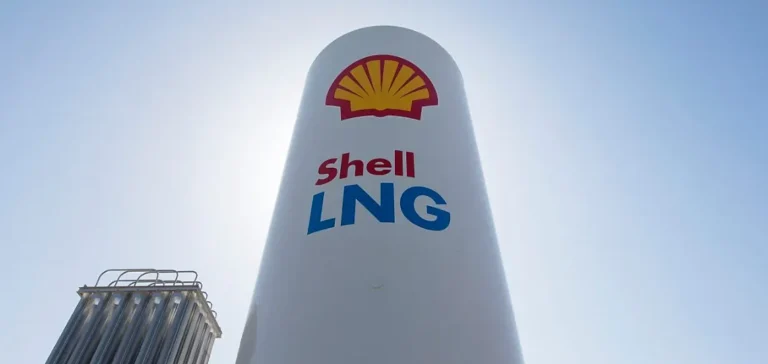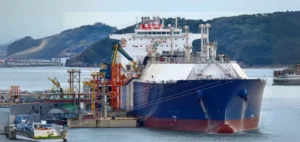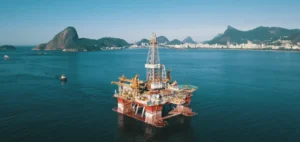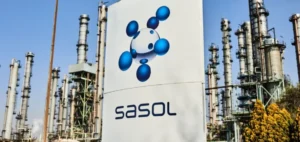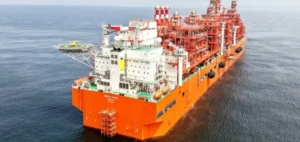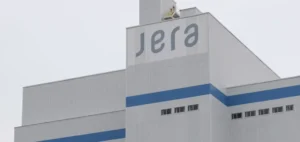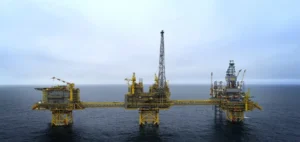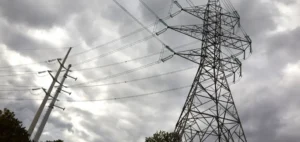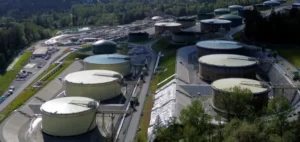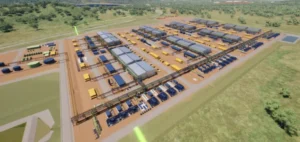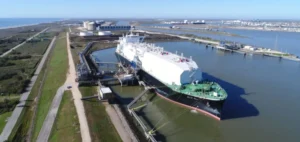Shell is intensifying its presence in the global Liquefied Natural Gas (LNG) market, planning to add up to 12 million metric tonnes per year to its current production capacity by 2030. This strategic expansion mainly involves five projects across Canada, Qatar, Nigeria, and the United Arab Emirates. Shell is relying on a combination of new infrastructure currently under construction and targeted acquisitions from existing market participants, such as the recent acquisition of Pavilion Energy in Singapore. These new capacities particularly aim to bolster supply to Asian markets and industries that remain challenging to electrify.
Strategic distribution of additional capacities
According to Cederic Cremers, president of Shell Integrated Gas, approximately 60% of the additional capacity will come from the United States and Qatar, two key regions for global LNG supply. This geographical distribution reflects a strategy focused on production hubs capable of providing substantial and consistent volumes to Asian markets. The company also plans to diversify its offering by incorporating volumes acquired from third parties alongside its own facilities, ensuring maximum flexibility in its supply portfolio. This mixed approach enables Shell to secure its position as the leading global player in the LNG market.
LNG market growth outlook
Shell expects global LNG demand to increase significantly, by about 60% by 2040. This projection is based on structurally increasing energy needs in Asia, combined with ongoing difficulties in fully electrifying industrial and transportation sectors. Shell’s investments, estimated in billions of dollars, aim to meet this anticipated global demand increase while ensuring its long-term competitiveness. On a global scale, the market anticipates approximately 170 million tonnes of new LNG capacity arriving by 2030, confirming the substantial growth in demand expected in the coming decades.
Commercial and industrial positioning
Shell, already the world’s largest LNG trader with nearly 70 million tonnes under annual contracts, delivered around 65 million tonnes last year across some thirty countries. The company is thus betting on rapidly expanding its production capabilities to solidify its commercial standing and fulfill existing long-term contracts. This significant development illustrates a strategic orientation towards controlled volume growth, through projects directly owned or in partnership with other major players. Shell is concentrating on industrial and logistical optimization to ensure smooth supply to its key markets.
Given these market developments, the LNG industry may continue to closely monitor Shell’s effectiveness in deploying new infrastructure and acquisitions, balancing the expectations of an expanding market.


